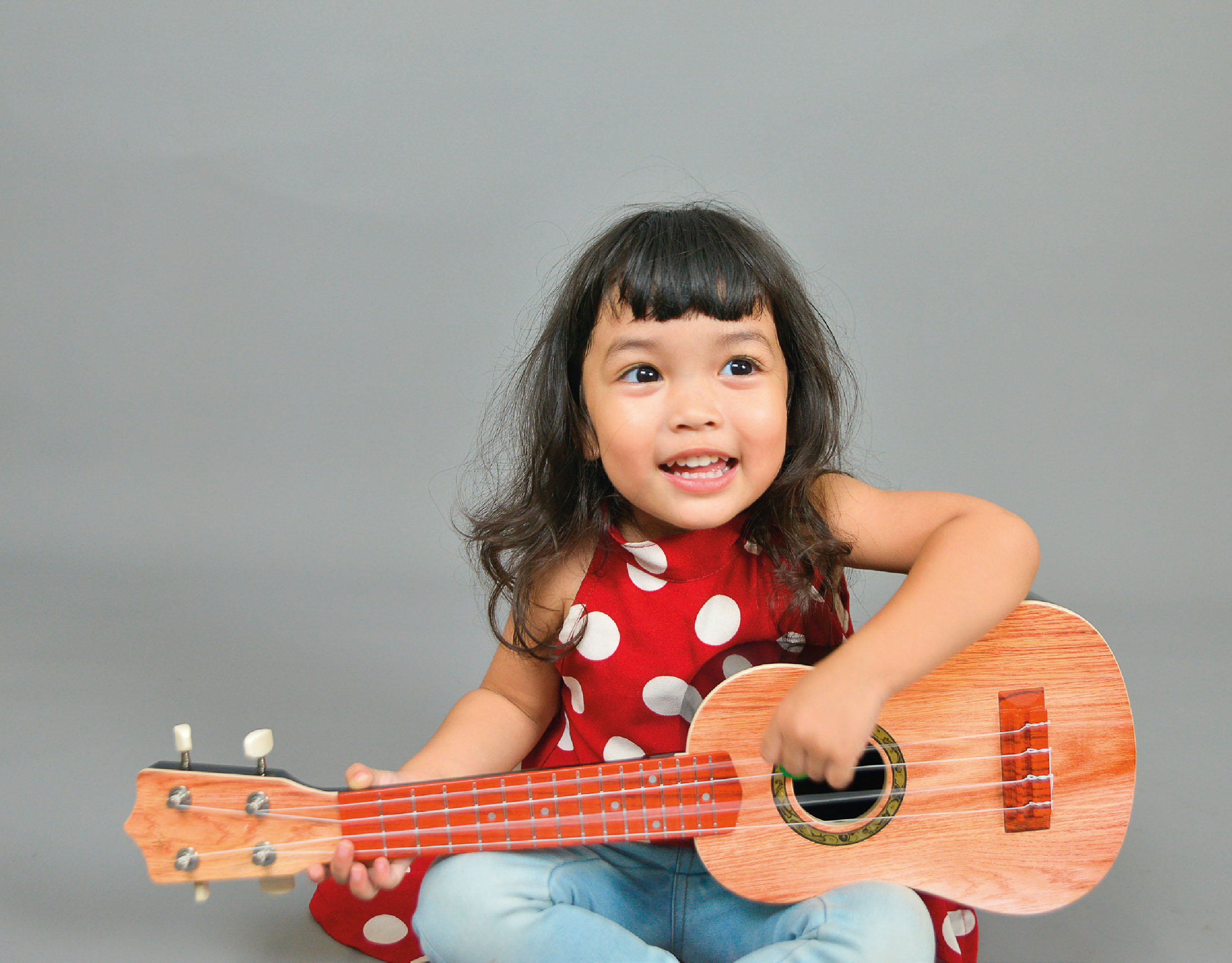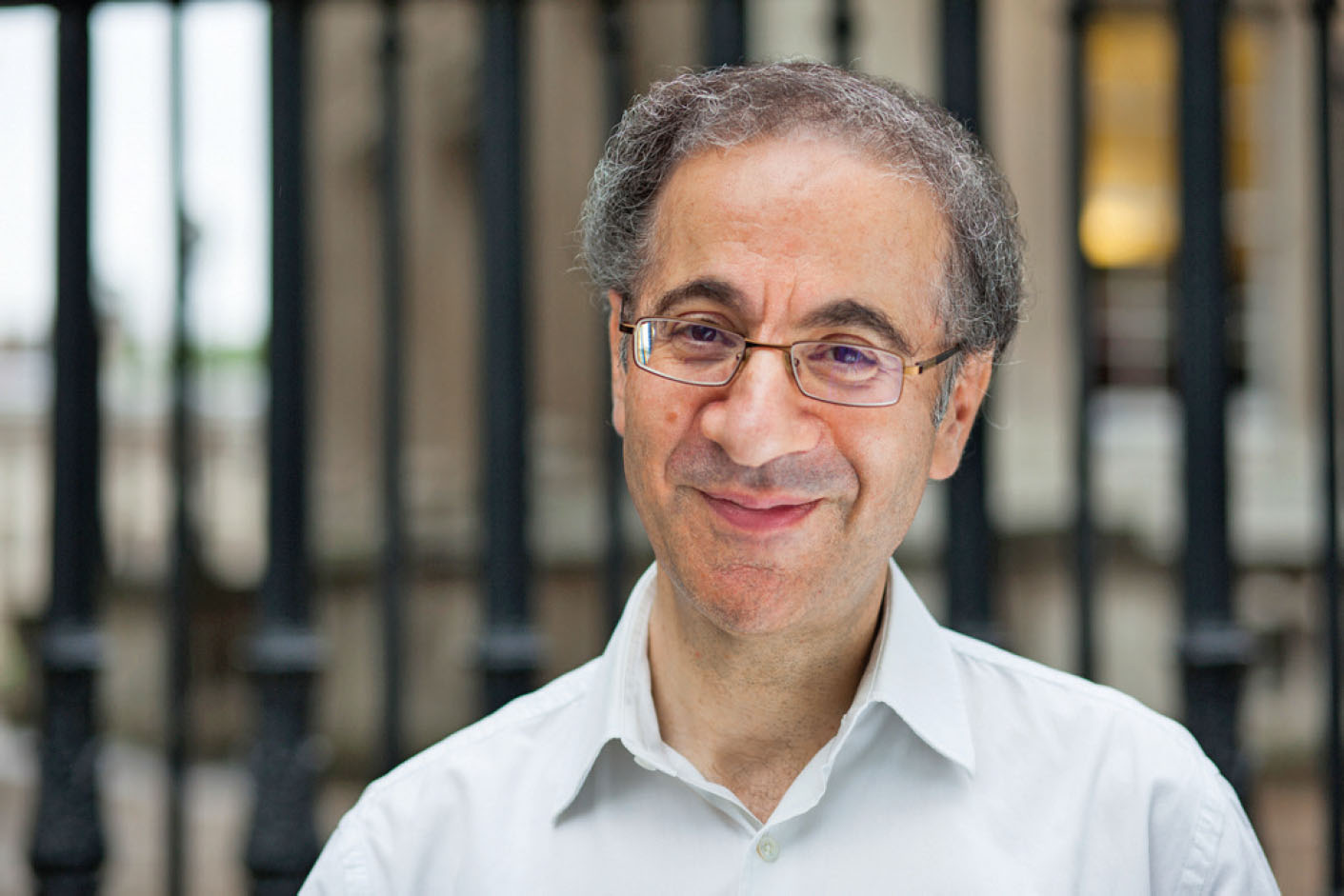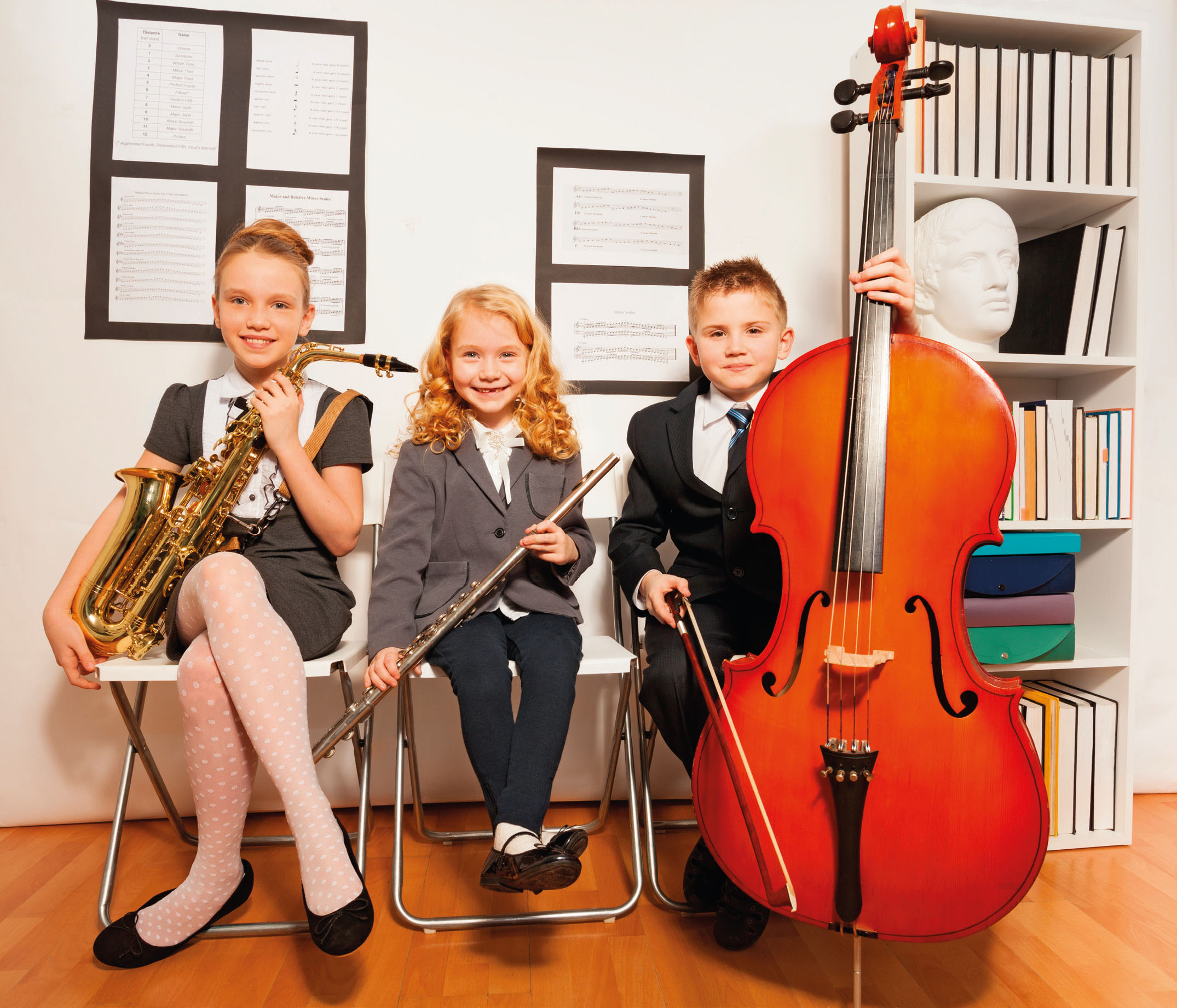
How do we help our pupils become true musicians rather than little machines hopping through the grades? It's an issue that concerns many teachers. The more pressed for time (20-minute, mixed ability group lessons in primary school, and instruments that are in tune?), the harder it is to communicate the myriad ideas that even the simplest bar of music can present. Add in the pressure of an exam and its composite parts and you have the perfect storm.
Al Summers, a music teacher and author who runs a music tuition business in Warminster, Wiltshire, starts from the premise that he is a music tutor, not a tutor of bassoon, singing or whatever – or in his case, as MT readers will be aware, fretted stringed instruments. ‘A striving for technical excellence without regarding the bigger picture seems to me pointless,’ he says. ‘This is music, not the Olympics. We are teaching many things, but the ability to get to the end of a piece first is not one of them!’
Steven Berryman is director of music at City of London Girls’ School and a visiting research fellow at King's College London. He believes helping pupils develop as rounded musicians is best achieved through the effective partnership of classroom music with their instrumental lessons.
‘We strive for classroom music lessons to enhance the pupils’ creativity,’ he says. ‘There needs to be an awareness of the provenance of the music they study and they need help to express their opinions through music and words. Classroom lessons make use of instrumental skills developed in lessons and I hope pupils see the connection between their studies outside of the classes with the work we do in them.’
Perfect for those schools that are fortunate enough to have both the resources and the commitment to set up such a happy marriage; but there are also solutions for schools with less experience. ‘BBC Ten Pieces has been very welcome in this regard, providing opportunities, through carefully graded parts, for the whole class to perform as an ensemble,’ says Berryman. ‘They can demonstrate instrumental and vocal skills their peers might not have seen before. It develops an important aspect of their musicianship – the ability to listen and respond.’
Summers re-emphasises that he is passing on more than instrumental skills. ‘Music means different things to musicians at every level,’ he says. ‘For some, technical skills may be of great importance. For others, creativity, or a specific ability – such as being able to arrange, compose, play by ear or sight-read – may be paramount.
‘When I began teaching more than 45 years ago, I was fortunate that I was also running workshops, arranging and training groups of mixed ability and mixed instrumentation as well as composing. I like to think that my approach has developed and been honed over the years but honest reflection tells me that the basic principles are unaltered.

© ASADI NAMI/SHUTTERSTOCK
‘I often ask a pupil to put themselves in the place of the composer or arranger and to try their hand at the job, even if only for a bar or two. It is immaterial the level of the student: everyone and anyone can compose or improvise, not necessarily well but certainly well enough to gain from the experience. Ear training, general musicianship, harmonic and melodic understanding and many other aspects of music are all exercised when doing a simple short task such as this.
‘And it is important to include theory too – teaching music without some theory and jargon seems to me a disservice and the pupil is in the dark unnecessarily. Music theory is not a separate subject, nor does it come before music-making, whether this is on paper or making noise.
‘Theory is a summary of how we experience music: by understanding this we can make it better, be that through composing, improvising, arranging, performing or sharing. Theory has always been a natural part of my lessons and workshops, often dropped in by answering questions that pupils ask, there and then, regardless of my lesson plan. Ear training both leads to and stems from theory, the two bound inextricably.’
Writer, teacher and educationalist Paul Harris believes too many children are suffering because of a less-than-holistic approach from teachers, who, through time pressures, often use the exam syllabus as a foundation for progress.
‘Children don't always want to do more exams these days,’ he says. ‘They are stressed enough by all the testing they get in school. By using, say, methods I've developed in my simultaneous learning programme, you develop a rounded musician who is able to think independently.’
Rather than simply picking up a new piece of music and reading though, Harris suggests investigating the ingredients, for example by first setting up the pulse, improvising based on phrases from the piece, hearing the piece internally, then singing it: in short, what Harris calls ‘a series of logical and sequential activities which create fertile ground for our pupils to learn and achieve,’ before playing the piece itself.
Steven Berryman agrees that this aural aspect is an important aspect of developing musicianship, the ability to listen and respond.
‘Pupils need to play their individual part fluently but be prepared to adapt when necessary to fit with their surroundings. They also need to listen out for intonation issues, or quickly fix or adjust if they play a wrong note. Classroom ensemble playing also provides a chance for the more able musician to develop leadership skills, and teachers can give these pupils conducting opportunities too’.

Paul Harris: ‘Children are stressed enough by all the testing they get in school’
Reflective practice
And however experienced a teacher, there is always room to learn more. ‘For those who work independently as teachers I recommend you ask pupils about their musical learning at school as there might be aspects of it that support your work in keeping the bigger musical journey in mind,’ says Berryman.
Summers agrees. ‘Musicians need insight: it informs them, making the task of learning and becoming better musicians easier. A teacher can give background to a piece or a composer or improviser, put music in context, break music down into its components to show how it has been put together.
Elinor Bishop, a postgraduate music education student at UCL, remembers her own instrumental lessons: ‘Now, when I teach, I think back to how I felt when I left a lesson. What I had been taught in that half-hour or hour could colour my entire week.
‘Now I feel that if I had sent a pupil home with nothing in his mind but anxiety about his vibrato, I would have failed. Of course, the technicalities are hugely important, but the bigger picture – of creating someone who cares about music, who understands, who wants to know more – is so much more important.’

© SERGEY NOVIKOV
Advice from Professor Linda Merrick, principal of the Royal Northern College of Music and clarinet soloist, recording artist and pedagogue
- It's essential you have a holistic approach from the very first lesson
- Technique is a means to an end, not an end in itself
- Technical work always needs to be approached from a musical perspective
- Studies and scales: don't just look at the notes – understand the phrasing and the underlying harmony and look at it from a musical perspective








